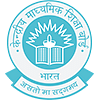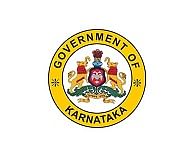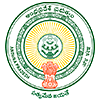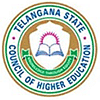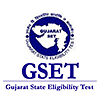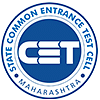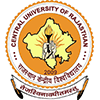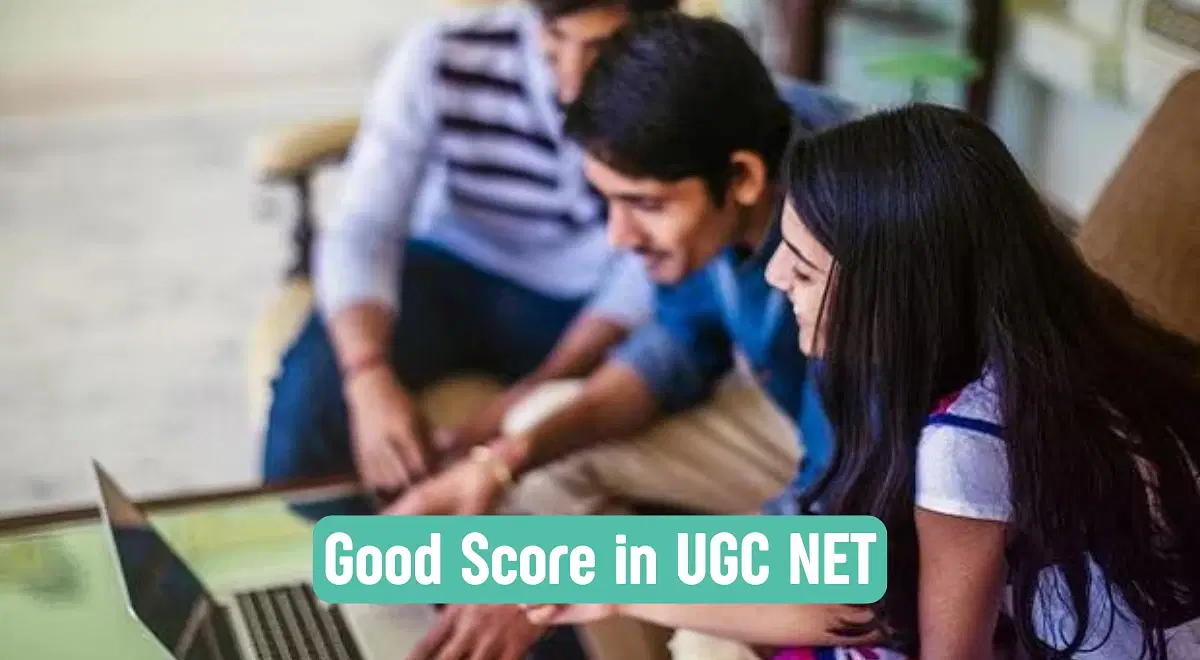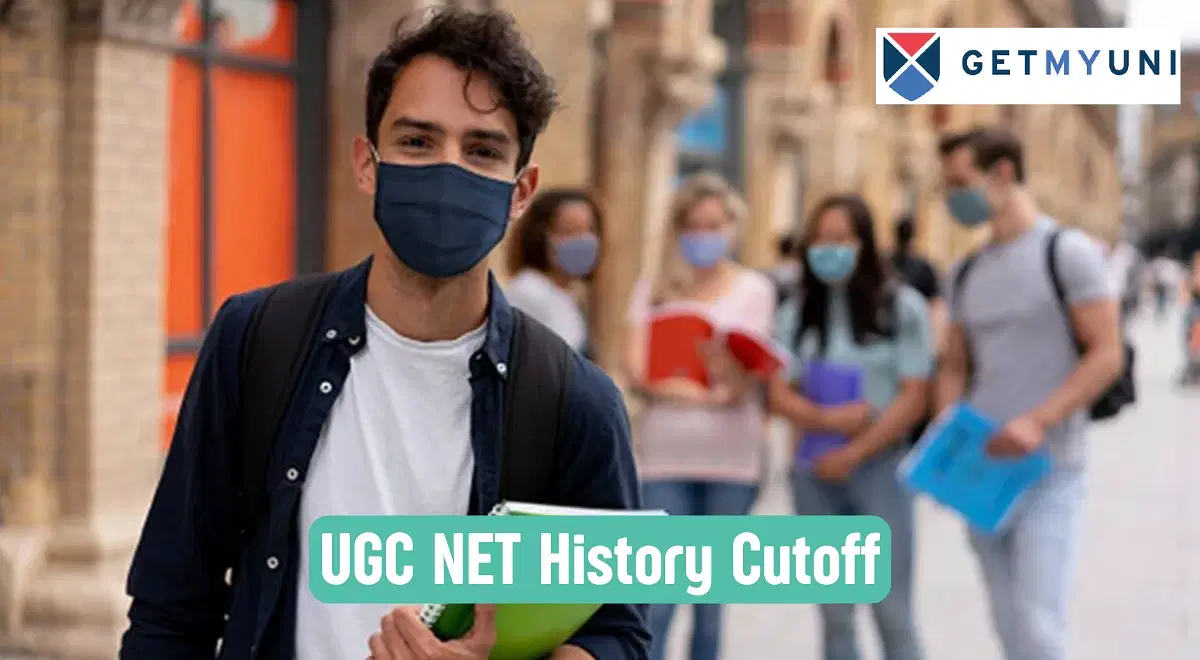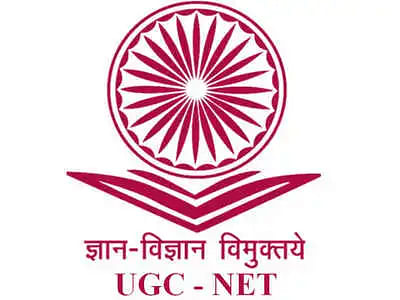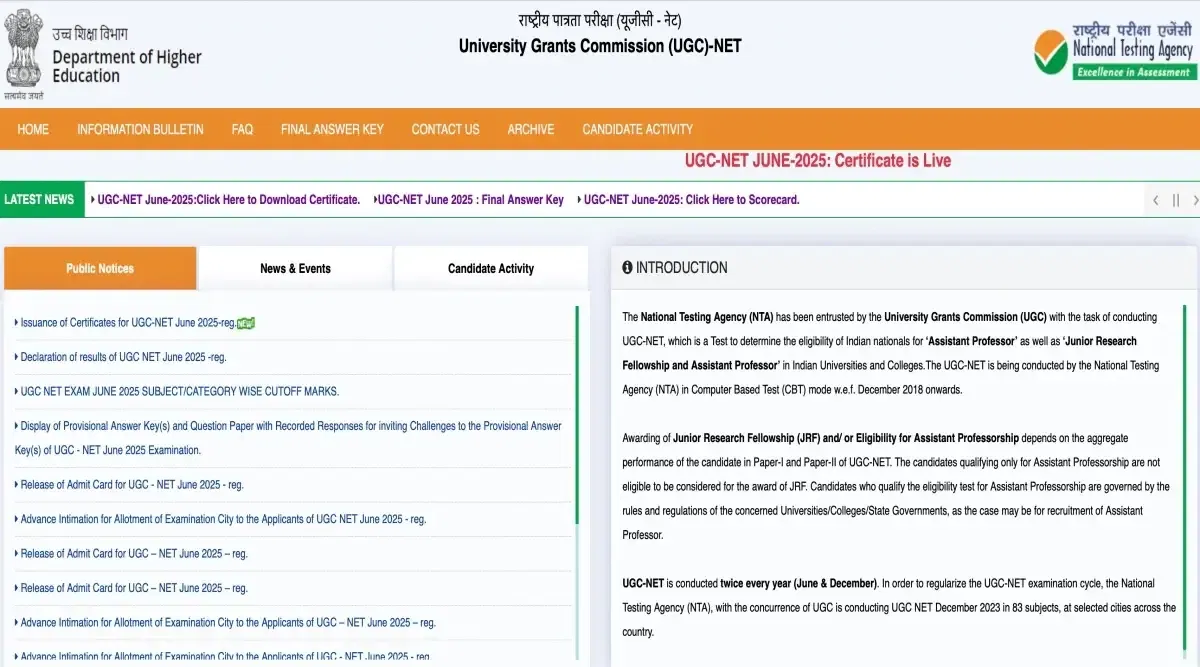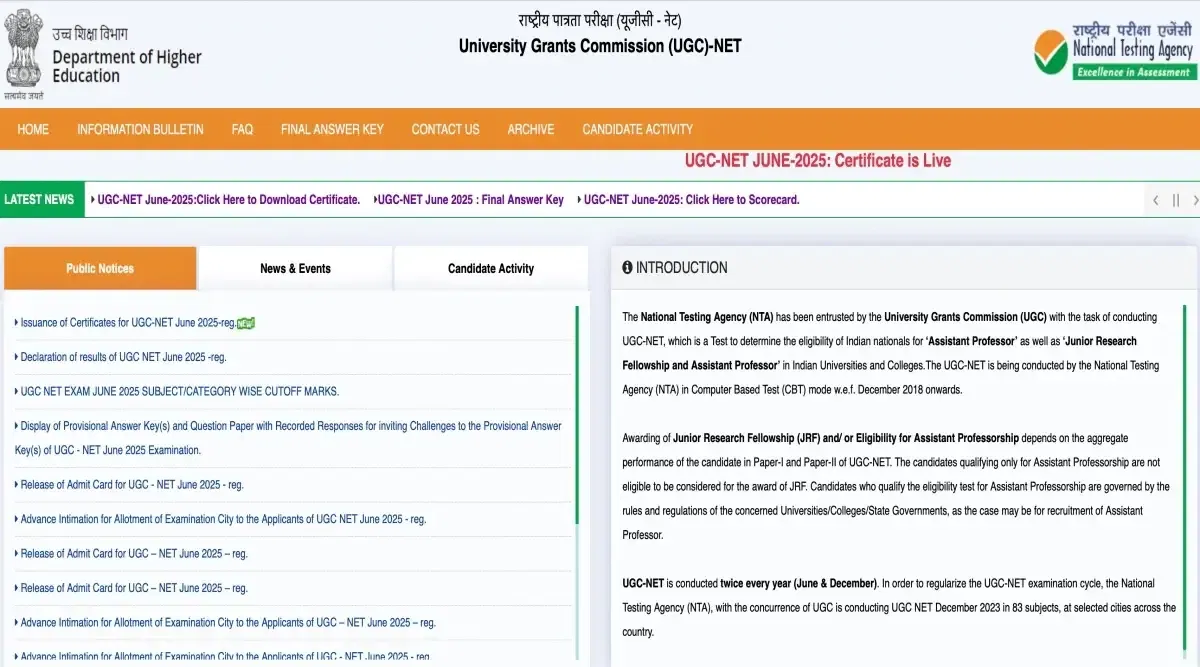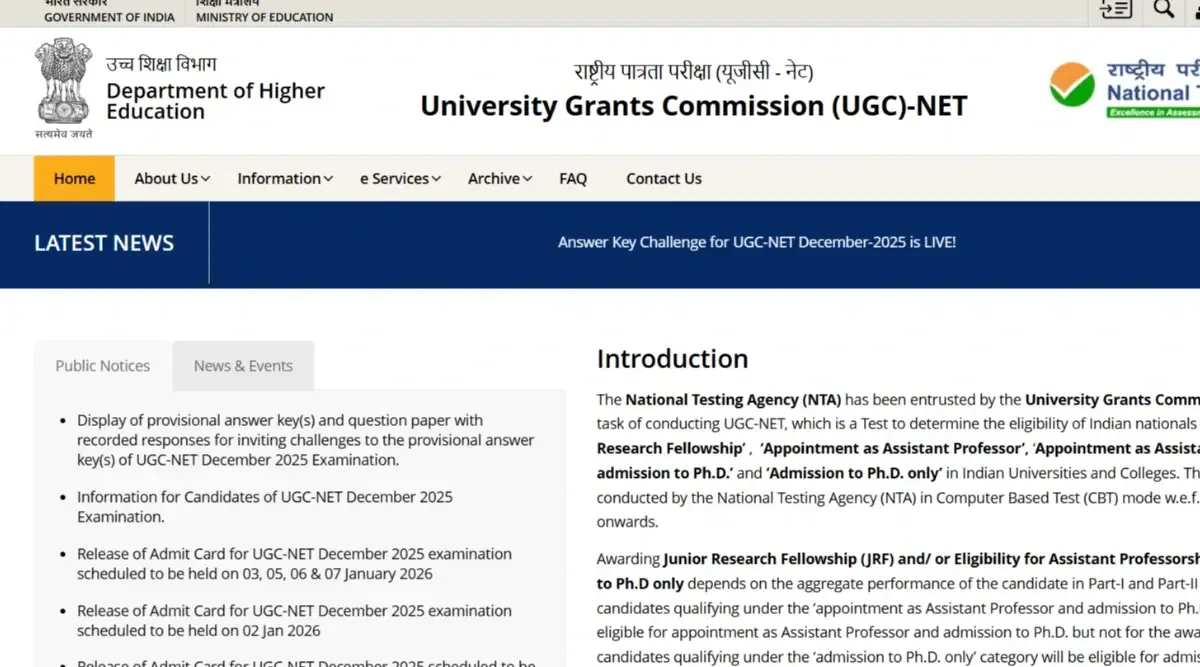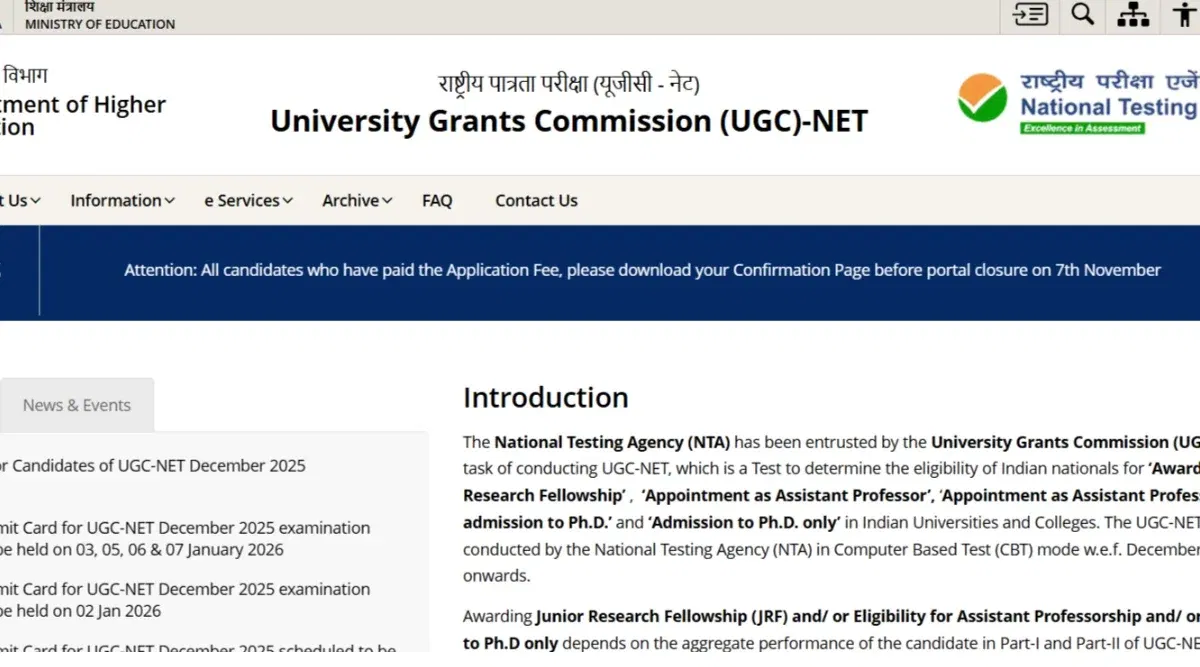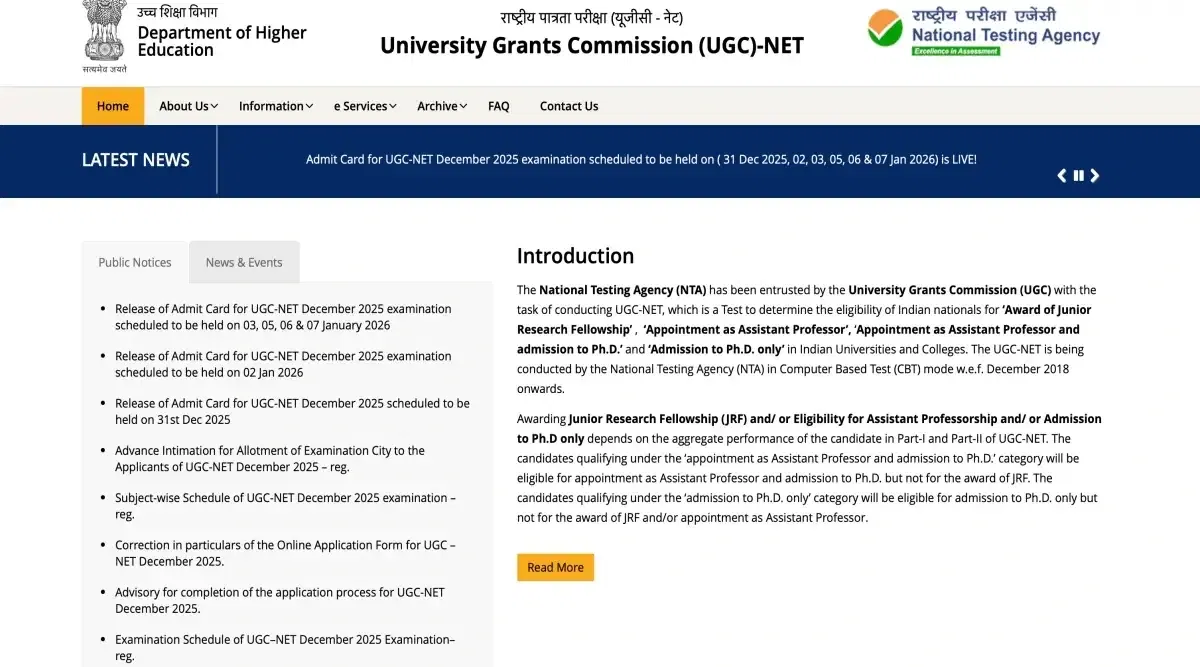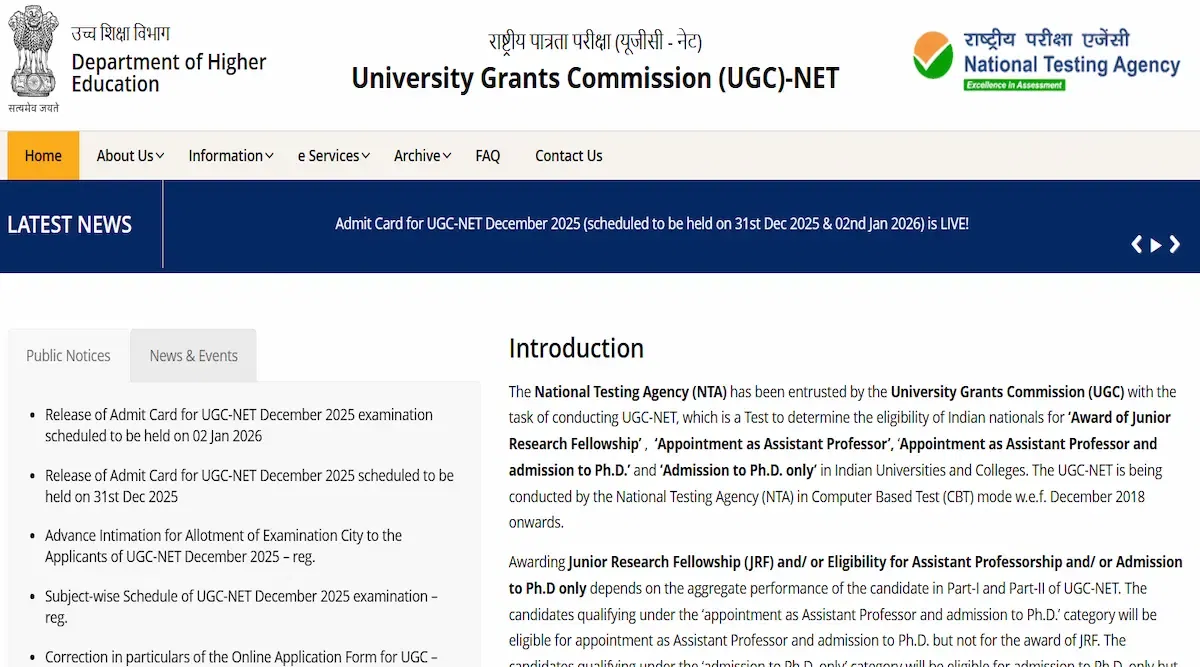
Table of Contents
UGC NET Political Science Syllabus 2025 is a mixture of contemporary politics, traditional politics, history, civics, and even philosophies. Candidates will have to cover a lot of ground to get a surface-level understanding of the fundamentals. Keeping track of the syllabi for each and every one of them can be daunting, which is why the syllabus has been comprehensively listed down below.
UGC NET political science syllabus can be reviewed on this page, and is also available for download in the section below.
UGC NET Political Science Syllabus 2025 Subject-Wise
UGC NET Political Science syllabus is dense, it would help to break down each component that makes a lesson. This is why the political science UGC NET syllabus has been broken down according to the names of the units themselves. It would be easier to digest what topics under the subject are involved so that it would be easy for candidates to be prepared for the upcoming exams.
Political Theory
This unit deals with the basic concepts of political theory, including equality, justice, liberty and democracy, with the addition to Political Traditions that apply even to contemporary society, such as feminism, conservatism, multiculturalism and so on. It’s the most fundamental and essential unit as far as the syllabus goes, so keep the focus on it!
| Chapters | Topics |
| Concepts | Liberty, Equality, Justice, Rights, Democracy, Power, Citizenship |
| Political Traditions | Liberalism, Conservatism, Socialism, Marxism, Feminism, Ecologism, Multiculturalism, Postmodernism |
Political Thought
This unit is all about the political thoughts conjured by famous philosophers and politicians such as Karl Marx, Machiavelli, Plato and many more. Students obtain a firm understanding of why these individuals adopted their beliefs, what drove them to voice their thoughts, what the differences are between these schools of thought and many other aspects related to politico-philosophical studies.
| Chapters | Topics |
| Political Thought Chapters | Confucius, Plato, Aristotle, Machiavelli, Hobbes, Locke, Rousseau, Hegel, Mary, Wollstonecraft, John Stuart Mill, Karl Marx, Gramsci, Hannah Arendt, Frantz, Fanon, Mao Zedong, John Rawls |
Indian Political Thought
Much like its Political Thought counterpart, the Indian Political Thought unit explores the hows and whys of the schools of thought conjured by famous individuals who come from India, such as JL Nehru, Sri Aurobindo, Swami Vivekananda, Kabir, Bal Gangadhar Tilak, and many more.
| Chapter | Topics |
| Indian Political Thought Chapters | Deendayal Upadhyaya, Barani, Kabir, Pandita Ramabai, Bal Gangadhar Tilak, Swami Vivekanand, Rabindranath Tagore, M K Gandhi, Sri Aurobindo, Periyar Ramasamy, Muhammad Iqbal, M N Roy, V D Savarkar, Dr BR Ambedkar, Jawaharlal Nehru, Ram Manohar Lohia, Jaya Prakash Narayan, Dharamshastra, Kautilya, Aggannasutta |
Comparative Political Analysis
This unit is all about how each school of thought, perspective, philosophy, and many other political and philosophical aspects compare with each other. Students get to understand topics such as political culture, the shortcomings of colonialism, fascism, totalitarianism, dictatorship, democracy, communism, the aspects of development, constitutions, power structures and so on.
| Chapters | Topics |
| Approaches | Institutional, Political Culture, Political Economy and New Institutionalism |
| Colonialism and Decolonisation | Forms of Colonialism, Anti-colonial Struggles, Decolonisation |
| Nationalism | European and Non-European Nationalism |
| State Theory | Nature of State in Capitalist and Socialist Societies, Post-Colonial State, Welfare State, Globalisation and Nations-States |
| Political Regimes | Electoral, Liberal, Majoritarian and Participatory Democracies, Patrimonialism, Bureaucratic Authoritarianism, Military Dictatorship, Totalitarianism, Fascism |
| Constitutions and Constitutionalism | Forms, Rule Of Law, Judicial Independence and Liberal Constitutionalism |
| Democratisation | Democratic Transition and Consolidation |
| Development | Underdevelopment, Dependency, Modernisation, World Systems Theory, Development, and Democracy |
| Structures of Power | Ruling Class, Power Elites, Democratic Elitism |
| Actor and Processes | Electoral Systems, Political Parties and Party System, Interest Groups, Social Movements, New Social Movements, Non-Governmental Organisations (NGOs) and Civil Society Campaigns; Revolutions |
International Relations
Students get to explore topics such as the state, its systems and non-state powers, the aims and objectives of the United Nations, regional organisations, conflict and peace, the different approaches to studying international relations, and many more. This topic is essential to the development of an aspiring politician since it teaches them the fundamentals of creating and maintaining relations with countries, along with the benefits of that.
| Chapters | Topics |
| Approaches to the Study of International Relations | Institutional, Political Culture, Political Economy and New Institutionalism; Comparative Methods |
| Concepts | State, State System and Non-State Actors, Power, Sovereignty, Security |
| Conflict and Peace | Changing Nature Of Warfare, WMDs, Deterrence, Conflict Resolution, Conflict Transformation |
| United Nations | Aims and Objectives, Structure and Evaluation, Peace and Development, Humanitarian intervention, International Law, International Criminal Court |
| Political Economy of IR | Globalisation, Global Governance, Bretton Woods System, North-South Dialogue, WTO, G-20, BRICS |
| Regional Organisations | European Union, African Union, Shanghai Cooperation Organisation, ASEAN |
| Contemporary Challenges | International Terrorism, Climate Change and Environmental Concerns, Human Rights, Migration and Refugees, Poverty and Development, Role of Religion, Culture and Identity Politics |
India’s Foreign Policy
The previous unit deals with the fundamentals of establishing international relations. However, it’s important to understand how that’s done. India’s foreign policy is an exhaustive resource for understanding how the country works as a whole. Students get to explore concepts such as the policy perspectives, the country’s relations with major powers, the negotiation strategies involved and many more.
| Chapters | Topics |
| Perspectives on India’s Foreign Policies | India’s Identity as a Post-Colonial Country, Development, Rising Power, India’s Emerging Political Economy |
| Continuity and Change in India’s Foreign Policy | Principles and Determinants, Non-Alignment Movement, India’s Nuclear Policy |
| India’s Relations with Major Powers | The USA, Russia (formerly USSR), People’s Republic of China |
| India’s Engagement with a Multi-Polar World | Relations with EU, BRICS, ASEAN, Shanghai Cooperation Organisation, African Union, Southern African Development Community, Gulf Cooperation Council |
| India’s Relation with its Neighbourhood | SAARC, The Gujarat Doctrine, Look East/Act East, Look West |
| India’s Negotiation Strategies in International Regimes | The UN, WTO On Climate Change |
| Contemporary Challenges | Maritime Security, Energy Security, Environmental Security, Migrants And Refugees, Water Resources, International Terrorism, Cyber Security |
Political Institutions in India
Students will dig deeper into the political aspects of India, how India achieved its global status, its identity, its economic, social, and political performances, what its constitution comprises, the judiciary, the local and national institutions, statutory bodies and many more.
| Chapters | Topics |
| Making of the Indian Constitution | India’s Identity as a Post-Colonial Country, Development, Rising Power, India’s Emerging Political Economy |
| Constituent Assembly | Composition, Ideological Moorings, Constitutional Debates |
| Philosophy of the Constitution | Preamble, Fundamental Rights, Directive Principles |
| Constitutionalism in India | Democracy, Social Change, National Unity, Checks and Balances, Basic Structure Debate, Constitutional Amendments |
| Union Executive | President, Prime Minister and Council of Ministers |
| Union Parliament | Structure, Role and Functioning, Parliamentary Committees |
| Judiciary | Supreme Court, High Court, Judicial Review, Judicial Activism, Judicial Reform |
| Executive and Legislature in the States | Governor, Chief Minister, State Legislature |
| Federalism in India | Strong Centre Framework, Asymmetrical Federal Provisions and Adaption, Role of Intergovernmental Coordination Mechanisms, Inter-State Council, Emerging Trends |
| Electoral Process and Election Commission of India | Conduct of Elections, Rules, Electoral Reforms |
| Local Government Institutions | Functioning and Reforms |
| Constitutional and Statutory Bodies | Comptroller and Auditor General, National Commission for Scheduled Castes, National Commission for Scheduled Tribes, National Commission for Human Rights, National Commission for Women, National Commission for Minorities |
Political Process in India
In this unit, many important chapters are explored which are related to India, such as identity politics, the social movements, the globalisation process as well as the regionalisation of Indian politics, the politics surrounding gender, and many other important topics to have a firm understanding of where India stands in terms of politics.
| Chapters | Topics |
| State, Economy and Development | Nature of Indian State, Development Planning model, New Economic Policy, Growth and Human Development |
| Process of Globalisation | Social and Economic Implications |
| Identity Politics | Religion, Caste, Region, Language, Tribe |
| Social Movements | Women, Farmers, Labour, Tribal, Dalit |
| Civil Society Groups | Non-Party Social Formations, Non-Governmental Organisations, Social Actions Groups |
| Regionalisation of Indian Politics | The reorganisation of Indian States, States as Political and Economic Units, Sub-State Regions, Regional Disparities, Demand for New States |
| Gender and Politics in India | Issues of Equality and Representation |
| Ideology and Social Basis of Political Parties | National Parties, State Parties |
| Electoral Politics | Participation, Contestation, Representation, Emerging Trends |
Public Administration
This unit focusses more on the administrative aspects of Indian politics, such as the theories and principles of India’s political organisations, how to manage them, the conflicts behind them, as well as the concepts surrounding its public administration.
| Chapters | Topics |
| Public Administration | Meaning And Evolution; Public And Private Administration Approaches: System Theory, Decision Making, Ecological Approach |
| Public Administration Theories and Concepts | Scientific Management Theory, Rational Choice theory, New Public Administration, Development Administration, Comparative Public Administration, New Public Management, changing nature of Public Administration in the era of liberalisation and Globalisation |
| Theories and Principles of Organisation | Scientific Management Theory, Bureaucratic Theory, Human Relations Theory |
| Managing the Organisation | Theories of Leadership and Motivation |
| Organisational Communication | Theories and Principles, Chester Bernard Principles of Communication, Information Management in the organization |
| Managing Conflict in the Organisation | Mary Parker Follett |
| Management by Objects | Peter Drucker |
Governance and Public Policy in India
In this unit, students are exposed to a library of knowledge consisting of India’s longstanding policies such as the MGNREGA, NHRM, Grassroots Governance, and some fundamental concepts such as the role of the state, the civil society, the workings of government and how they are accountable, and many more.
| Chapters | Topics |
| Governance | Good And Democratic Governance, Role Of The State, Civil Society And Individuals |
| Accountability and Control | Institutional Mechanism For Checks And Balances, Legislative Control Over Executive, Administrative And Budgetary Control, Control Through Parliamentary Committees, Judicial Control Over Legislature And Executive, Administrative Culture, Corruption And Administrative Reforms |
| Institutional Mechanisms for Good Governance | Right To Information, Consumer Protection Act, Citizen Charter; Grievance Redress System: Ombudsman, Lokpal, Lokayukta |
| Grassroots Governance | Panchayati Raj Institutions And Their Functioning |
| Planning and Development | Decentralised Planning, Planning For Development, Sustainable Development, Participatory Development, E-governance; Niti Aayog |
| Public Policy as an Instrument of Socio-Economic Development | Public Policies With Special Reference To Housing, Health, Drinking Water, Food Security, MGNREGA, NHRM, RTE |
| Monitoring and Evaluation of Public Policy | Mechanisms Of Making Governance Process Accountable: Jansunwai, Social Audit |
UGC NET Best Books for Political Science 2025
Here are some of the best UGC NET political science books you can get your hands on if you want to maximise your performance in the UGC NET political science exam.
- UGC NET/JRF/SET Political Science (Paper-II) — Ashutosh Rai
- A Dictionary of Public Administration — Vikram Singh
- Indian Polity — M Laxmikant
- Indian Polity — Spectrum
- Our Constitution — Subhash C Kashyap
Read More: UGC NET Exam Pattern 2025






